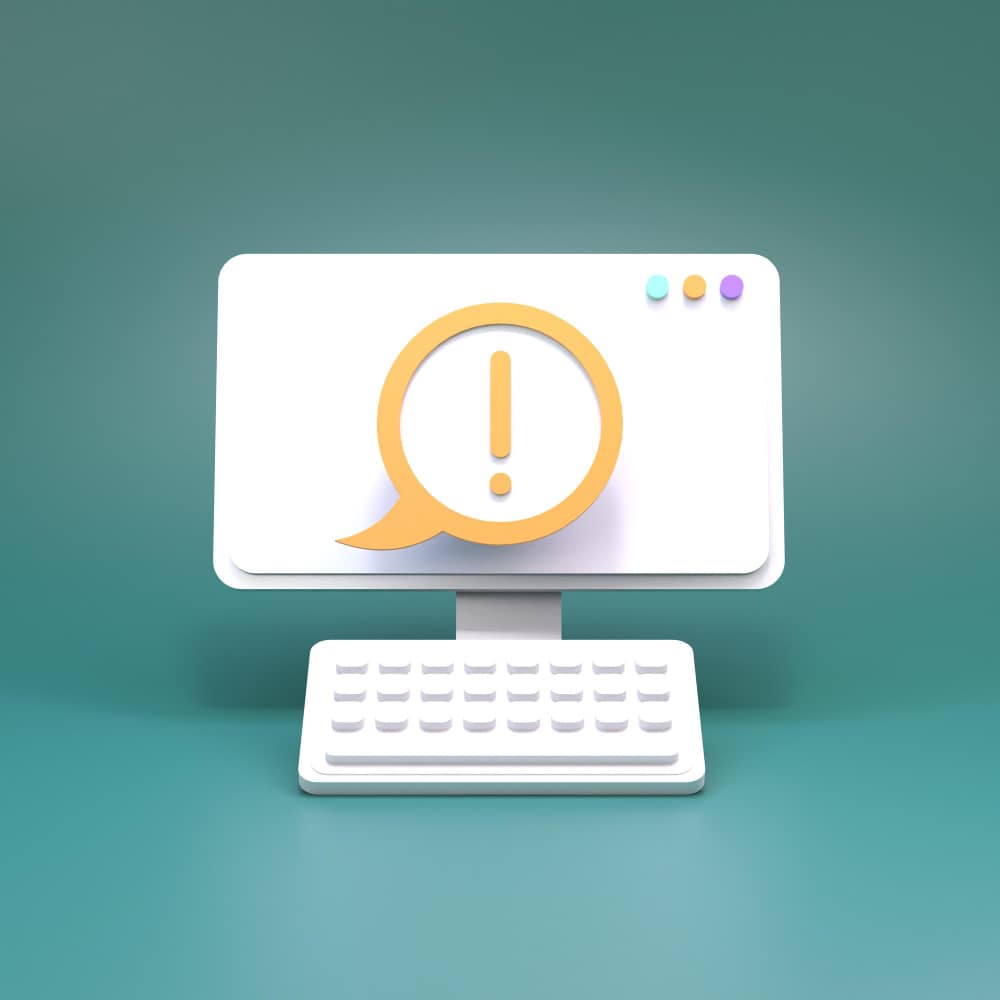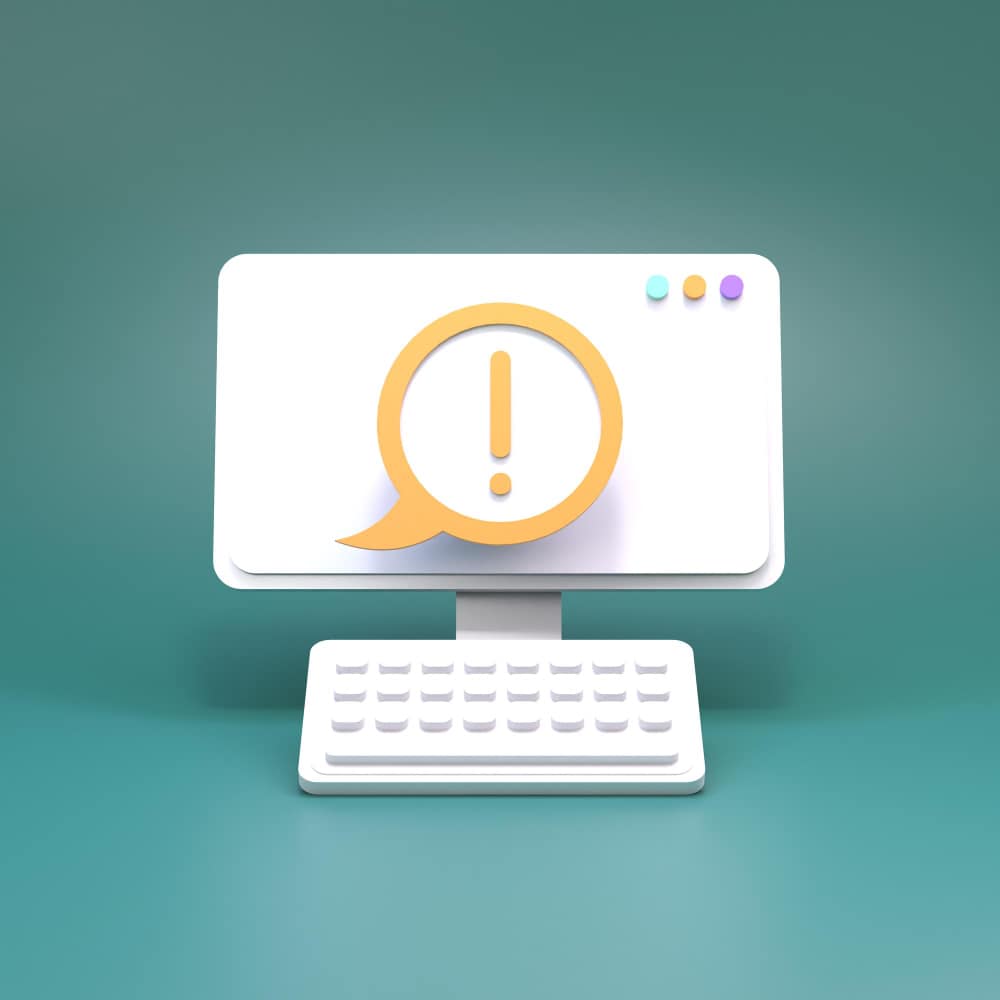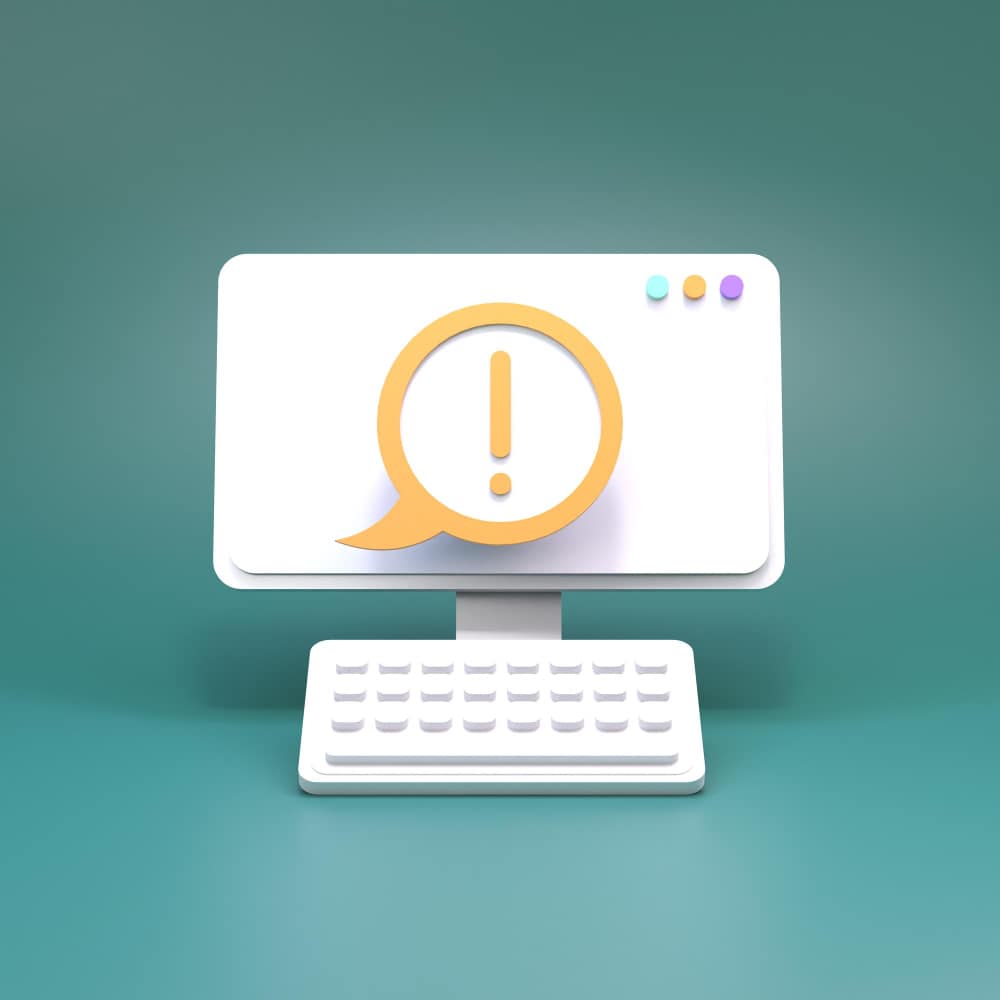
Diarrheal enteric disease in children: causes and treatment
Diarrheal enteric disease in children: causes and treatment
Diarrheal enteric disease in children: causes and treatment
"Childhood Diarrhea: Causes and Treatment"
1. "Acute Diarrhea in Children: Diagnosis and Treatment"
2. "Nutrition and Acute Diarrhea in Children"
3. "Reducing the Incidence of Diarrhea in Children"
4. "The Impact of Diarrhea on Children and How to Prevent it"
5. "Natural Remedies for Childhood Diarrhea"
6. "Diarrhea and Promoting Personal Hygiene in Children"
7. "Dealing with Childhood Diarrhea at Home"
8. "What Parents Should Do to Help their Child Recover from Diarrhea"
More specifically, "Childhood Diarrhea: Causes and Treatment" is the most relevant.
Childhood diarrhea is a very common condition in children and refers to an increase in bowel movements and intestinal fluids, which leads to diarrhea. The disease can be caused by several factors, including viral or bacterial infections, fungal infections, food allergies, extreme exertion, and certain medications.
Treatment for childhood diarrhea can involve several approaches, including fluid replacement, dietary changes, medication, sanitization, and rest.
Similarly, "Acute Diarrhea in Children: Diagnosis and Treatment" provides more specific information about the diagnosis and treatment of acute diarrhea in children, which is a common and serious condition. The article covers the causes, symptoms, and various treatment options available for children suffering from acute diarrhea.
Acute diarrhea in children can be diagnosed based on their symptoms, which include changes in the form and size of stool, increased frequency of bowel movements, vomiting, abdominal pain, and fatigue. Tests can also be conducted to determine the cause of the diarrhea, such as stool tests to identify the presence of bacteria or germs, and blood tests to determine electrolyte levels in the blood.
Treatment: Treatment depends on the cause of the diarrhea, and self-care can be provided in many cases, including:
1. Fluid intake: Children should drink plenty of fluids to avoid dehydration.
2. Dietary changes: Certain foods that can increase stomach and bowel inflammation and irritation should be avoided.
3. Rest: Children should get adequate rest to recover.
4. Medications: Some anti-diarrheal medications can be used to reduce the number of bowel movements.
5. Oral rehydration therapy: Oral rehydration therapy can be used to replace the fluids lost by the body, by consuming an electrolyte solution containing essential salts for the body.
6. Antibiotic therapy: Antibiotics can be used if the diarrhea is caused by bacterial infections.
Nutrition and Acute Diarrhea in Children: Nutrition plays an important role in preventing and treating acute diarrhea in children. Children are advised to consume healthy foods rich in nutrients that boost their immune system and protect them from infections. Certain foods that can cause inflammation in the digestive system and worsen diarrhea should be avoided, such as:
3 The translation of the Arabic text is as follows:
Diarrhea is one of the most common diseases among children, and it is caused by many factors, including viruses, bacteria, parasites, and food allergies. Therefore, it is important to take measures to prevent diarrhea in children.
One of the most important measures is to pay attention to the child's diet, as certain foods can cause or exacerbate diarrhea. These foods include:
1. Fatty foods that contain saturated fats, such as fatty red meats and fried foods.
2. Acidic foods that increase the severity of stomach and intestinal inflammation, including citrus fruits, acidic fruits, and carbonated beverages.
3. Spicy foods that cause inflammation in the stomach and intestines, including hot peppers and spices.
4. Foods that are full of refined sugars, which are difficult to digest, including carbonated beverages and sweetened juices.
In addition, children should be encouraged to eat foods that are rich in fiber and probiotics, which promote digestive health. These foods include fresh vegetables, fruits, whole grains, and natural yogurt.
Children should drink sufficient amounts of fluids, especially water and natural juices, to prevent dehydration that can be caused by severe diarrhea. In case of severe diarrhea, solid foods should be avoided for a short period, and soups, broths, juices, and drinks that are rich in electrolytes should be consumed to avoid dehydration.
To reduce the incidence of diarrhea in children, some measures can be taken, as follows:
1. Wash hands frequently: Children and adults should wash their hands with soap and water frequently, especially before and after meals, and before changing children's diapers.
2. Clean food well: Fruits and vegetables should be washed thoroughly before consumption, and foods that have not been processed properly should be avoided.
3. Avoid contaminated water: Avoid drinking contaminated water and make sure to use treated and clean water.
4. Vaccinations: Children should be vaccinated with appropriate vaccines to prevent some diseases that cause diarrhea, such as the rotavirus.
5. Avoid direct contact: Avoid direct contact with people who have diarrhea and other sick people, and clean shared objects such as utensils, toys, and devices properly.
6. Avoid contaminated foods: Avoid eating foods that are prepared in public places and may be contaminated.
7. Teach children hygiene: Children should be taught hygiene habits, such as washing hands before and after using the toilet, and using separate towels and utensils.

































